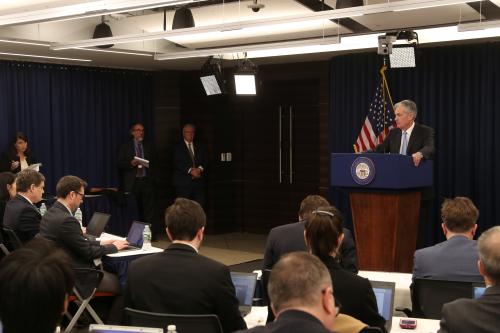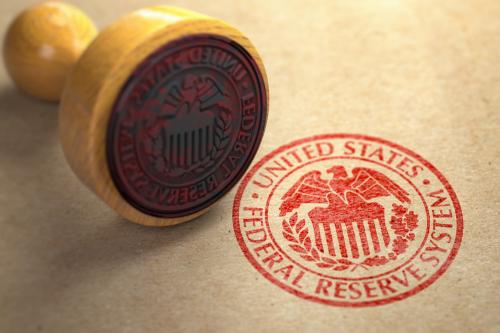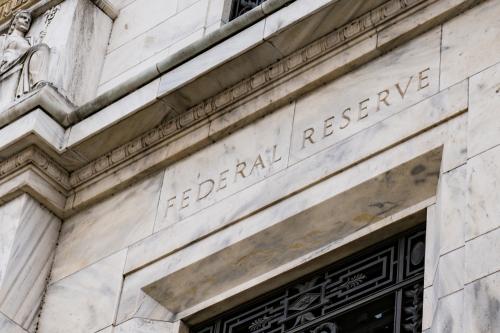The U.S., like nearly all other major capitalist democracies, has decided that its economy is better off with a central bank that can adjust interest rates without a lot of political interference. If elected politicians set interest rates, the theory goes, they inevitably err on the side of a little more growth now even if that means a little more future inflation than is desirable.
That gives the Federal Reserve a lot of power. It also gives Congress a big role in holding the Fed accountable for how well it meets objectives lawmakers have set: stable prices, maximum sustainable unemployment and, increasingly, financial stability. Janet Yellen goes to Capitol Hill Wednesday and Thursday for hearings that are meant to be a major way Congress exercises this essential function. These semi-annual hearings, however, usually fall far short of achieving their purpose.
Much of the public doesn’t have a lot of confidence in the Fed. In part, this is a century-old phenomenon. (Roger Lowenstein explains here.) In part, it’s the legacy of a financial crisis that left many Americans convinced that Wall Street got bailed out and Main Street didn’t. If people don’t trust their elected representatives, it’s no surprise that they don’t much trust unelected technocrats at the Fed.
Congressional Republicans have offered several bills to rein in the Fed. Some are described as increasing accountability and transparency but go far beyond that. The Fed, which has made substantial strides toward increasing transparency in the past couple of decades, has rejected all the major proposals (as have many leading academic economists), having concluded that critics are more interested in scoring anti-Fed points than improving accountability. With good reason: Former Rep. Ron Paul, an unrelenting advocate of the gold standard, spawned some of these bills; he made his goals clear by titling his 2009 book “End the Fed.”
It’s unlikely that anything the Fed can do (or is willing to do) will satisfy its harshest critics in Congress. But that isn’t a reason not to try. My Brookings Institution colleague Don Kohn, a former Fed vice chairman, and I see a few steps that Congress and the Fed could take to enhance Congress’s capacity to hold the Fed accountable and to better explain to the public what the Fed is doing and why. Now that Fed policy makers are updating their public projections quarterly, for instance, the Fed chair could testify four times a year on the monetary and economic outlook. We suggest that only half of the 60 (!) members of the House Financial Services Committee be allowed to pose questions at each hearing so each member can get more than five minutes. We also propose that the Fed, like central banks in other countries, commission outside reviews of the ways its staff makes forecasts and its policy makers present their projections publicly. (Read our full list of suggestions here.)
The Fed shares a lot more information than it did when I began covering it in 1987. Back then, it didn’t even acknowledge, let alone announce, decisions to change interest rates. My reading of the past several years is that the U.S. economy benefits enormously when the Fed is free to make monetary policy decisions in pursuit of its statutory mandate without a lot of meddling from Congress. But shoring up public and congressional confidence in the Fed is important, too. Congress and the Fed could do better.
Editor’s note: This piece originally appeared on The Wall Street Journal’s Washington Wire.
The Brookings Institution is committed to quality, independence, and impact.
We are supported by a diverse array of funders. In line with our values and policies, each Brookings publication represents the sole views of its author(s).



Commentary
Op-edHow the Fed and Congress could boost confidence
February 10, 2016